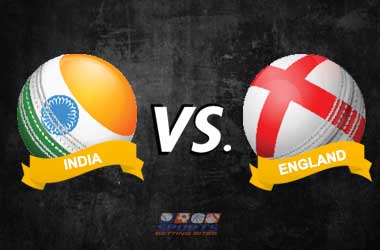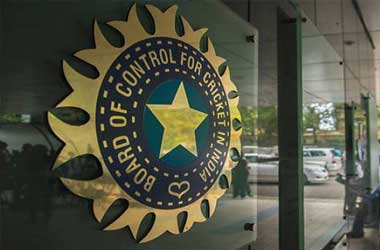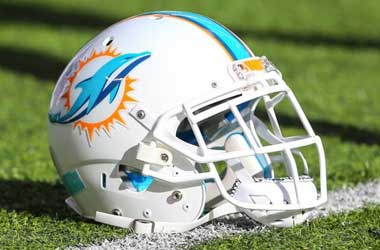
Kenya has one of the fastest growing gambling markets in Africa.
Gambling operators as well as punters have operated in a rather liberal gaming environment for a number of years which has helped to foster this exponential growth.
However all that is expected to change quickly as Kenyan Legislators are coming out with new laws that will make the regulatory framework a lot more stringent for both betting operators and punters.
Kenya is currently working on regulations for its Gaming Bill 2019 which is set to bring about major changes to the industry. Apart from this bill, Henry Rotich who is the Cabinet Secretary for the National Treasury has also proposed a separate measure that is expected to curb problem gambling in the country.
When the Kenyan Parliament was discussing the budget for the 2019-2020 financial year, Rotich has proposed to impose a new betting tax on punters. He wants a 10 percent excise duty to be imposed on all forms of betting. This betting tax will be imposed on the amount staked by the punter.
By imposing this 10 percent betting tax, Rotich hopes that it will discourage young gamblers from spending all their money at sportsbooks. Kenyan punters will certainly not be happy with paying an additional 10 percent on their bets but they don’t really get to have a say in the matter.
Kenyan legislators are making major changes to the Gaming Bill 2019 and a number of these changes are directed at curbing the increase in problem gambling numbers. The previous 1966 Betting Lotteries and Gaming Act was too soft on gambling operators and Kenya bettors which is why the entire regulatory framework is being changed.
The new gaming laws will look to curb gambling advertisements in the country. Operators will no longer be able to advertise between 6 am and 10 pm – the only exception being when live sports matches are shown. All of this is outlined in a new law known as the Gaming Advertisement Tax.
The Kenyan government has decided to impose a 35 percent gaming advertisement tax to reduce the number of advertisements. As of now it is not clear whether broadcasters or gambling operators will have to pay the 35 percent tax. The new laws will also make it mandatory for gambling operators to devote 10 percent of their advertising time to promote responsible gambling practices.






